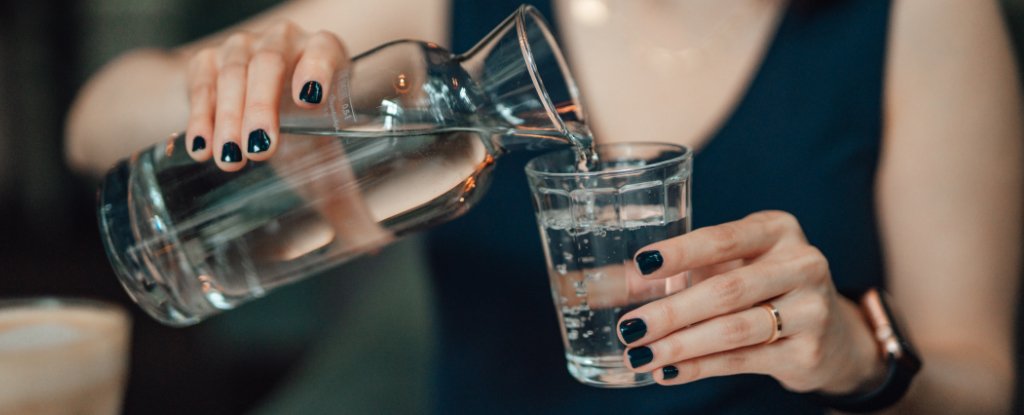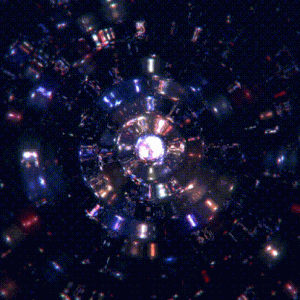
Still or sparkling? It’s a question you’ll commonly hear in a café or restaurant and you probably have a preference. But is there any difference for your health?
If you love the fizz, here’s why you don’t have to pass on the sparkling water.
What makes my water sparkle?
This article specifically focuses on comparing still filtered water to carbonated filtered water (called ‘sparkling water’ or ‘unflavoured seltzer’). Soda water, mineral water, tonic water and flavoured water are similar, but not the same product.
The bubbles in sparkling water are created by adding carbon dioxide to filtered water. It reacts to produce carbonic acid, which makes sparkling water more acidic (a pH of about 3.5) than still (closer to neutral, with a pH around 6.5-8.5).
Which drink is healthiest?
Water is the best way to hydrate our bodies. Research shows when it comes to hydration, still and sparkling water are equally effective.
Some people believe water is healthier when it comes from a sealed bottle. But in Australia, tap water is monitored very carefully. Unlike bottled water, it also has the added benefit of fluoride, which can help protect young children against tooth decay and cavities.
Sparkling or still water is always better than artificially sweetened flavoured drinks or juices.
Isn’t soda water bad for my teeth and bones?
There’s no evidence sparkling water damages your bones. While drinking a lot of soft drinks is linked to increased fractures, this is largely due to their association with higher rates of obesity.
Sparkling water is more acidic than still water, and acidity can soften the teeth’s enamel. Usually this is not something to be too worried about, unless it is mixed with sugar or citrus, which has much higher levels of acidity and can harm teeth.
However, if you grind your teeth often, the softening could enhance the damage it causes. If you’re undertaking a home whitening process, sparkling water might discolour your teeth.
In most other cases, it would take a lot of sparkling water to pass by the teeth, for a long period of time, to cause any noticeable damage.
How does drinking water affect digestion?
There is a misconception drinking water (of any kind) with a meal is bad for digestion.
While theoretically water could dilute stomach acid (which breaks down food), the practice of drinking it doesn’t appear to have any negative effect. Your digestive system simply adapts to the consistency of the meal.
Some people do find that carbonated beverages cause some stomach upset. This is due to the build-up of gases, which can cause bloating, cramping and discomfort. For people with an overactive bladder, the acidity might also aggravate the urinary system.
Interestingly, the fizzy ‘buzz‘ you feel in your mouth from sparkling water fades the more you drink it.
Is cold water harder to digest?
You’ve chosen still or sparkling water. What about its temperature?
There are surprisingly few studies about the effect of drinking cold water compared to room temperature. There is some evidence colder water (at two degrees Celsius) might inhibit gastric contractions and slow down digestion. Ice water may constrict blood vessels and cause cramping.
However other research suggests drinking cold water might temporarily boost metabolism, as the body needs to expend energy to warm it up to body temperature. This effect is minimal and unlikely to lead to significant weight loss.
Which water wins?
The bottom line is water is essential, hydrates us and has countless other health benefits. Water, with carbonated bubbles or without, will always be the healthiest drink to choose.
And if you’re concerned about any impact to teeth enamel, one trick is to follow sparkling water with a glass of still. This helps rinse the teeth and return your mouth’s acidity back to normal.
Christian Moro, Associate Professor of Science & Medicine, Bond University and Charlotte Phelps, Senior Teaching Fellow, Medical Program, Bond University
This article is republished from The Conversation under a Creative Commons license. Read the original article.







